Eligibility Criteria and Fee Structure for B.Tech Biomedical Engineering
Biomedical engineering is a fascinating and rapidly growing field that merges principles of engineering and biology to develop innovative solutions for healthcare and medical challenges. Pursuing a Bachelor of Technology (B.Tech) in Biomedical Engineering opens doors to exciting career opportunities in this interdisciplinary domain. In this article, we will explore the eligibility criteria and fee structure for pursuing a B.Tech in Biomedical Engineering.
B.Tech In Biomedical Engineering Eligibility Criteria
The eligibility criteria for admission into a B.Tech in Biomedical Engineering program may vary slightly among institutions. However, there are common requirements:
1. Educational Qualifications: Candidates should have completed their 10+2 or equivalent examination from a recognized board with a strong foundation in physics, chemistry, and mathematics (PCM). The minimum aggregate percentage required typically falls in the range of 50% to 60%.
2. Entrance Examinations: Many institutions conduct their own entrance examinations for admission to B.Tech in Biomedical Engineering programs. In some cases, national-level engineering entrance exams like JEE Main or state-level entrance exams may also be considered.
3. Age Limit: Most institutes do not have a strict age limit for admission to B.Tech programs. However, candidates are generally expected to be at least 17 years old.
4. Language Proficiency: Proficiency in English is essential since it is the primary language of instruction in most biomedical engineering programs. Some institutions may require candidates to pass an English proficiency test like IELTS or TOEFL.
5. Interview and Counseling: After clearing the entrance exam, candidates may need to attend an interview and counselling session as part of the admission process. This helps assess a candidate's interest and aptitude for the program.
B.Tech In Biomedical Engineering Fee Structure
The fee structure for a B.Tech in Biomedical Engineering program can vary significantly depending on the institute, its location, and the facilities offered. Here is a general overview of the typical fee structure:
1. Tuition Fees: Tuition fees for a B.Tech in Biomedical Engineering can range from INR 1.5 lakhs to INR 5 lakhs or more per annum, depending on the institution. Government-funded institutions tend to have lower tuition fees compared to private colleges.
2. Hostel and Accommodation: If you choose to stay in a hostel or college accommodation, there will be additional charges. Hostel fees can range from INR 20,000 to INR 1 lakh or more per annum, depending on the institution and the type of accommodation.
3. Examination and Miscellaneous Fees: Besides tuition and hostel fees, students may need to pay examination fees, library fees, and other miscellaneous charges. These fees can amount to a few thousand rupees per semester.
4. Caution Deposit: Some institutes may require students to pay a caution deposit, which is refundable at the end of the course, provided there are no damages or outstanding dues. The amount usually ranges from INR 10,000 to INR 20,000.
5. Other Expenses: Students should also budget for additional expenses like textbooks, study materials, laboratory equipment, and personal expenses. These costs can vary depending on individual preferences and circumstances.
6. Scholarships and Financial Aid: Many institutions offer scholarships and financial aid to meritorious students and those from economically disadvantaged backgrounds. Specific details about scholarship opportunities and eligibility criteria should be checked with the respective institution.
7. Loan Facilities: Banks and financial institutions in India provide education loans to eligible students to cover tuition and other expenses. Loan terms, including interest rates and repayment options, vary, so it's essential to research and choose the most suitable option.
The fee structure mentioned here serves as a general guideline, and actual fees may vary among institutions. Prospective students are advised to visit the official websites of the institutions they are interested in to obtain precise information about eligibility criteria, admission procedures, and fee structures.
 4 Years
4 Years
 Under Graduate
Under Graduate
 Engineering
Engineering


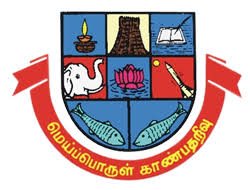
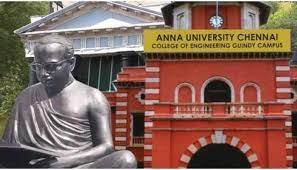
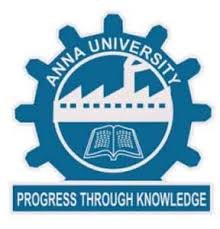
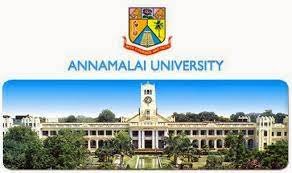

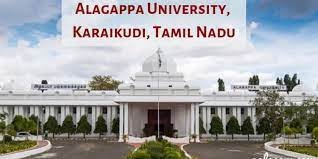
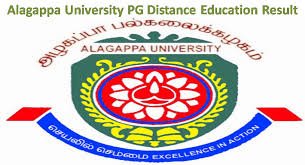
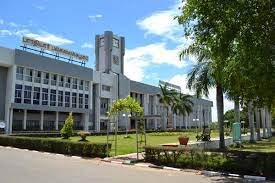
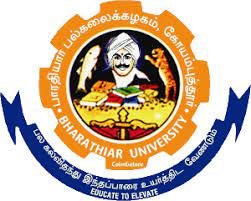
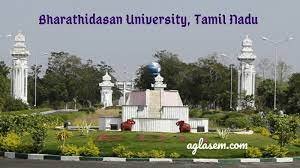
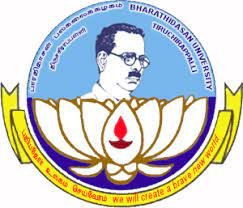

 back
back

